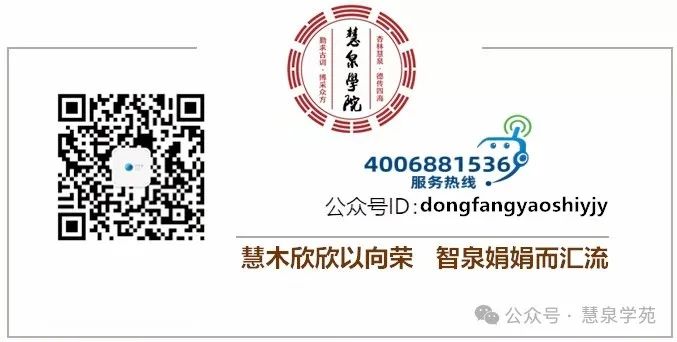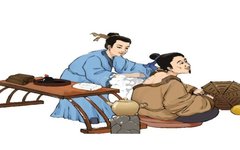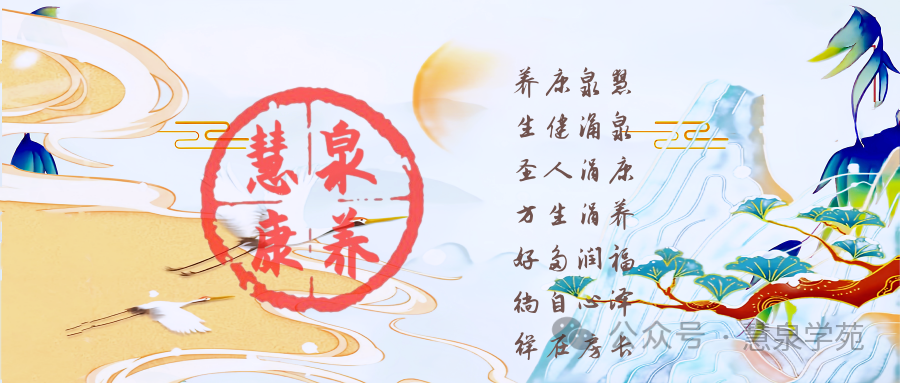
The Concept of Life in the Huangdi Neijing
Yin and Yang: The Foundation of All Things
Yin and Yang are the principles of heaven and earth, the framework of all things, the parents of change, the origin of life and death, and the abode of the spirit. To treat illness, one must seek the root. — “Suwen: On the Correspondence of Yin and Yang”
Yin and Yang are fundamental to the human body, and the hallmark of health is the balance of Yin and Yang. The material basis for this balance is nutritional equilibrium, while the mental state is psychological balance. Therefore, one should not be overly attached to success or exhaust their health in pursuit of it; one must control excessive emotions and follow the principles of health preservation, allowing everything to “follow its natural course” to achieve true balance, maintain righteous Qi within, and live a long life.
 01
01
The Human Body Has a Strong Self-Healing Ability
Prevention is the Best Umbrella for Health
The sage does not treat existing illness but prevents illness before it occurs; does not treat chaos after it has arisen but prevents chaos before it occurs. — “Suwen: On the Four Qi and Spirit Regulation”
Individual constitutions differ, leading to different imbalances of Yin and Yang, and thus different organ dysfunctions. The differences in constitution are the main basis for disease prevention and treatment. Under the same geographical environment, climatic conditions, and dietary habits, people may suffer from different diseases, or even the same disease may manifest differently based on individual constitution, leading to different symptoms and treatments.
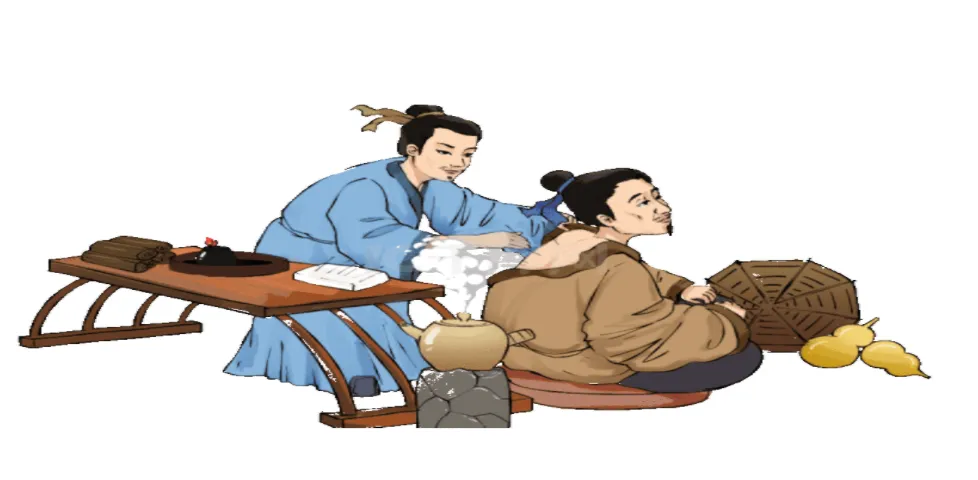
The climate varies with the seasons, and so do the dominant Qi. For example, spring is dominated by wind, summer by fire, late summer by dampness, autumn by dryness, and winter by cold. In spring, as temperatures warm, the wind carries Yang Qi to awaken all things; however, during this transitional period, one is easily harmed by wind pathogens, so one should not dress too lightly too early in spring. Health preservation should focus on promoting Yang and dispelling wind. The same principle applies to other seasons. However, it is also important to note that the seasonal Qi is essential for life; only when abnormalities occur should one deliberately suppress it, but not excessively, as this may backfire. For instance, in summer, people enjoy cold foods to balance the heat of nature and maintain the Yin and Yang balance within. However, if one excessively seeks coldness, it may damage Yang Qi, leading to diarrhea in autumn. Such situations are well documented in ancient medical texts.
 02
02
Preventing Disease Progression: The Interconnection of the Five Organs
When pathogens invade the human body, they do not remain fixed in one place or stage without change. The human body is a holistic system, and the five organs and meridians are interconnected. If pathogens are not effectively contained at the surface of the body, they can enter the major meridians from the superficial collaterals and then invade the internal organs.
The organs have certain disease-resisting functions. If the organs successfully combat the pathogens, the pathogens are eliminated, but the righteous Qi of the organs may be damaged and weakened. At this point, the pathogens will no longer progress, but treatment will depend on the situation and will involve other organs as well. If the organs cannot eliminate the pathogens, the pathogens will transfer to the organs that are restrained by the affected organ. This is also what the Huangdi Neijing states: “The five organs are interconnected; if one is ill, it will affect the others. If one organ is diseased, it will transmit to the organ it can overcome.”
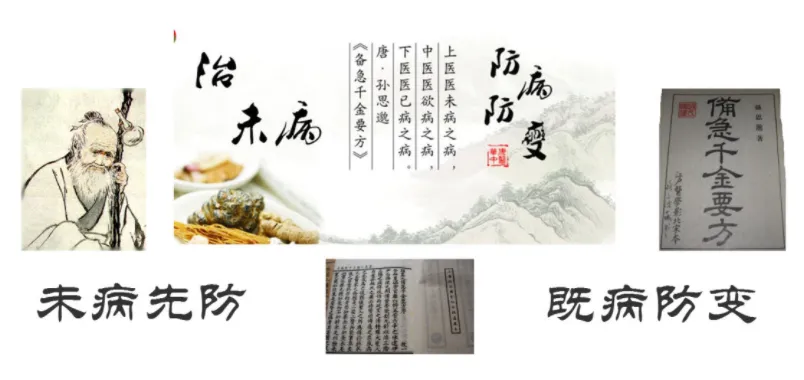
 03
03
Post-Recovery: Preventing Relapse Through Scientific Care
The Emperor asked: “How should we treat heat-related illnesses?” Qibo replied: “When the fever has slightly subsided, eating meat will cause a relapse; overeating will also lead to residual heat. These are the prohibitions for heat illnesses.” — “Suwen: On Heat”
The Yellow Emperor asked: “What dietary restrictions should be observed for patients with fever?” Qibo said: “When the patient’s fever has slightly diminished, consuming meat will cause a relapse; if one eats too much, residual heat will remain, which are both prohibitions for heat illnesses.”
 04
04
Care is a Good Medicine for Physical and Mental Well-Being
The Huangdi Neijing states: “In the way of treating illness, attacking pathogens relies on acupuncture and medicine, and the efficacy of medicine depends on the spirit and Qi. Therefore, when treatment is applied externally, the spirit responds internally, allowing it to rise or fall as needed; this is the power of the spirit.” Treating diseases requires the use of acupuncture and medicine, but the effectiveness of acupuncture and medicine is greatly related to the mental will of the person. If the mental will is focused and cooperates well with the doctor, acupuncture and medicine can directly reach the disease site, leading to a better prognosis.
The Inheritance Value of TCM Acupuncture for Health Preservation
Acupuncture therapy primarily involves needling or moxibustion to stimulate specific points on the body, regulating the meridians, organs, Qi, blood, Yin, and Yang to achieve disease prevention and treatment.
Acupuncture treats diseases throughout the body through the action of meridians and acupoints, employing specific techniques. Acupuncture is an ancient and miraculous science.
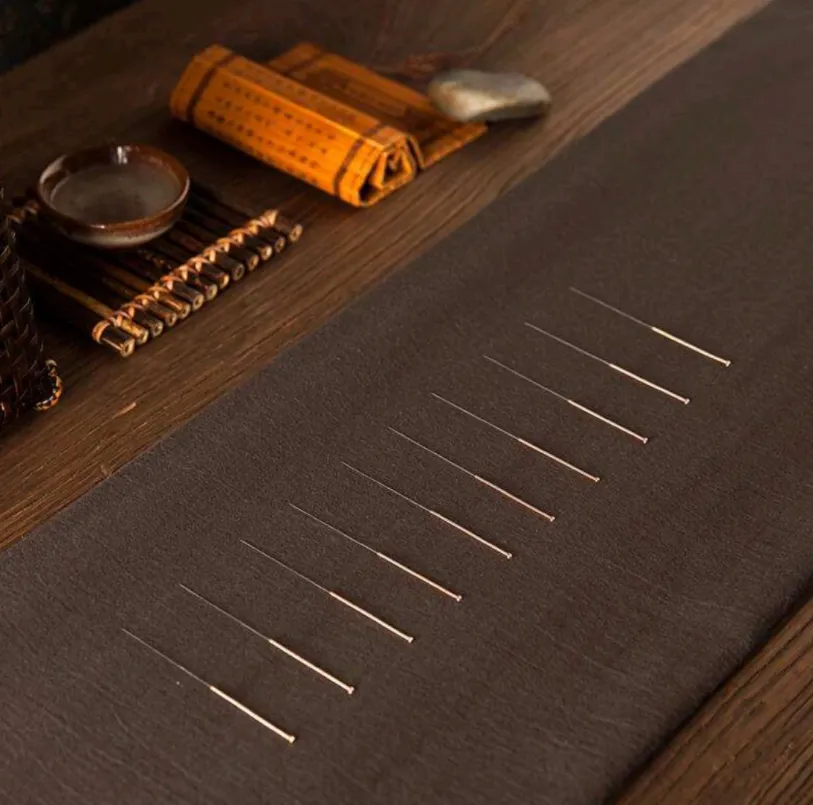
The earliest records of acupuncture medicine can be found in the Huangdi Neijing. The Neijing states, “When cold accumulates and causes illness, moxibustion is appropriate,” referring to moxibustion, which details the shapes of nine needles and extensively describes the theories and techniques of acupuncture. However, acupuncture predates its recorded history.
Acupuncture achieves the effect of dispelling diseases by unblocking meridians, harmonizing Qi and blood, balancing Yin and Yang, enhancing organ function, and supporting the righteous Qi while dispelling pathogens. Acupuncture therapy is widely applied, has significant efficacy, is simple and practical, economical, and has very few side effects.
China’s Ancient Healing Art — Tui Na
Tui Na is an ancient method of treating injuries and illnesses in China, a non-pharmaceutical natural therapy and physical therapy, praised by scholars as the “ancient healing art.” It refers to the practice of healers using their hands on the surface of the patient’s body, injured areas, specific acupoints, and painful spots, employing various techniques such as pushing, grasping, pressing, rubbing, pinching, and tapping to achieve the effects of unblocking meridians, promoting Qi and blood circulation, alleviating pain, dispelling pathogens, supporting the righteous Qi, and harmonizing Yin and Yang.
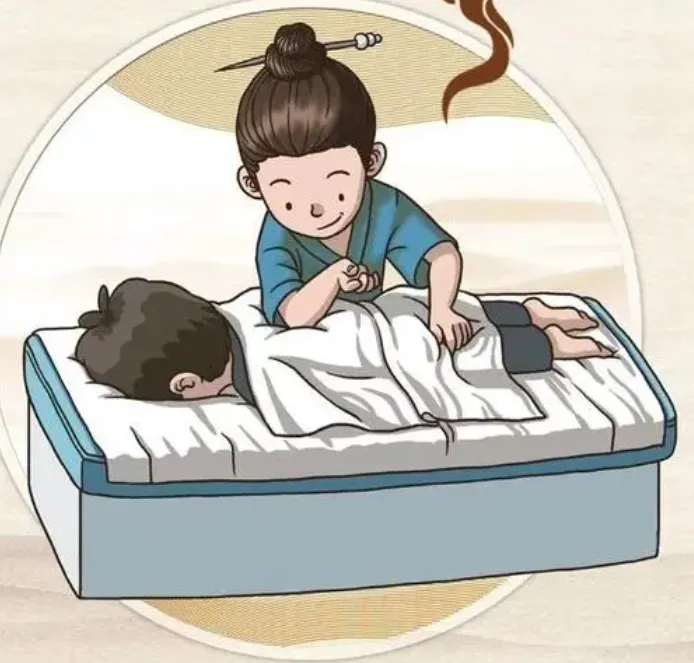
The Huangdi Neijing states: “When the meridians are blocked, illness arises from insensitivity; treat it with massage,” indicating that massage has the effect of unblocking meridians. For example, pressing and rubbing the Zusanli (足三里) point can enhance digestive fluid secretion. From a modern medical perspective, massage primarily stimulates peripheral nerves, promotes blood and lymph circulation, and enhances metabolic processes between tissues, thereby coordinating the functions of various organs and improving the body’s metabolic level.
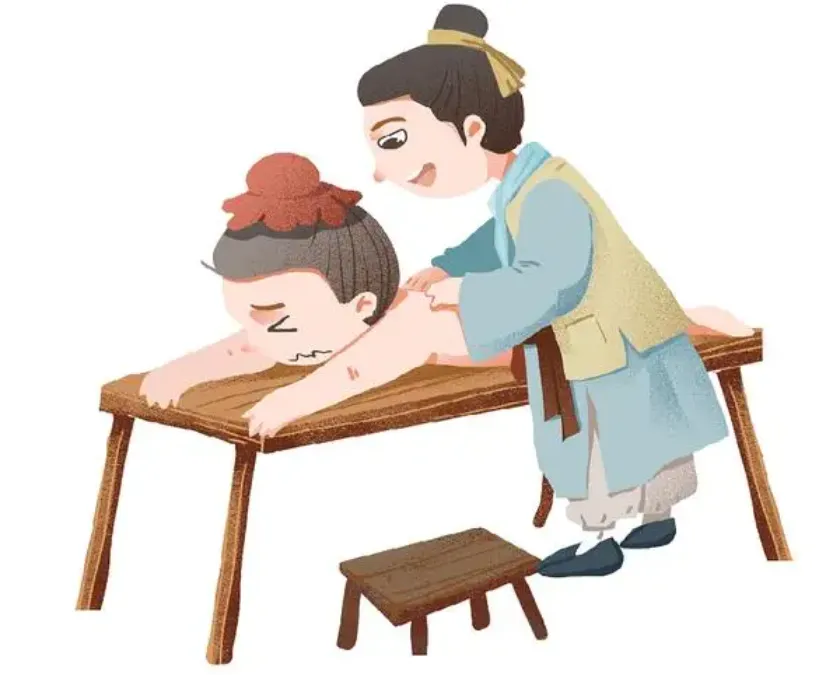
The “Wanshou Xianshu” states: “Massage can unblock the pores and harmonize Qi and blood.” Harmonizing Qi and blood refers to regulating the flow of Qi and blood. Massage uses gentle and soft pressure along the meridians and acupoints, applying techniques to the body, thereby regulating the whole body through the transmission of Qi along the meridians, enhancing health. The mechanical stimulation of Tui Na converts mechanical energy into thermal energy, raising the local tissue temperature, promoting capillary dilation, improving blood and lymph circulation, reducing blood viscosity, lowering peripheral vascular resistance, and alleviating the burden on the heart, thus preventing and treating cardiovascular diseases.
Copyright Statement: We focus on sharing; the images and text are sourced from the internet, and the copyright belongs to the original authors. If there is any infringement, please inform us, and we will promptly delete and apologize.
Click the text below to learn more exciting content:
Fermented Chinese Medicine - A New Chapter in the Inheritance of Chinese Medicine Culture
Promoting Traditional Chinese Medicine Culture for the Health of the People - Intangible Cultural Heritage - Intangible Cultural Heritage of Herbal Medicine for Meridian Regulation
Intangible Cultural Heritage of Herbal Medicine for Meridian Regulation: Usage, Applicable Population, and Precautions
What are the Advantages of Intangible Cultural Heritage of Herbal Medicine for Meridian Regulation Compared to Massage, Moxibustion, and Cupping?
Brief Analysis: Eastern Pharmacist Movement Therapy